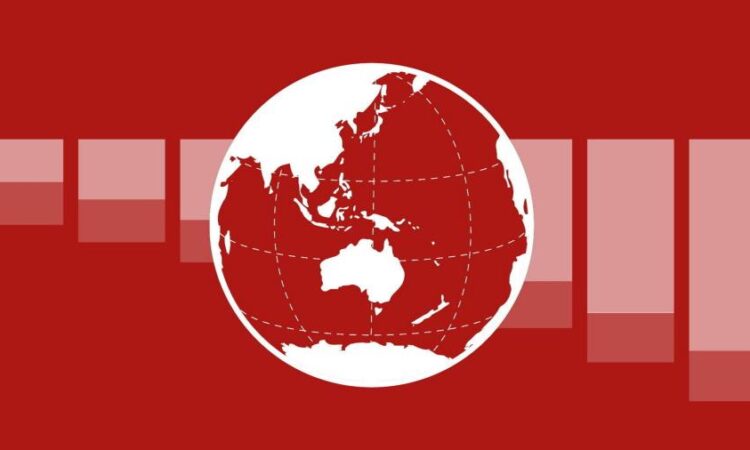
US regional bank shares were poised to rebound on Tuesday after suffering sharp declines in the wake of the collapse of lender Silicon Valley Bank.
Futures linked for First Republic Bank surged 41.8 per cent after the stock fell 61.8 per cent on Monday, Western Alliance Bancorp rose 31.4 per cent having lost 47.1 per cent and KeyCorp rose 16.9 per cent after falling 27.3 per cent the previous day.
On Monday, the KBW Nasdaq Bank index fell 11.7 per cent in the US, with the regional banks plummeting most sharply despite President Joe Biden’s assurance that regulators would do “whatever is needed” to protect depositors in the wake of SVB’s failure.
Broader US indices were set to rise, with S&P 500 futures up 0.7 per cent, as markets awaited the release of US inflation data at 12.30 UK time. Nasdaq futures also rose 0.7 per cent.
The collapse of SVB and ensuing turmoil in the banking system has raised expectations among investors and economists that the Federal Reserve might slow the pace of interest rate increases, sending Treasury yields down and providing some support to equities.
“I think today there is room for a rebound, it depends if the market believes the Federal Reserve will give in and stop hiking earlier,” said Francesco Pesole, a currency strategist at ING. “At this point they [the Fed] will need to take on board what has happened [to Silicon Valley Bank] because they can’t incur the risk of a repeat of anything else like that.”
Still, a higher than expected inflation reading would complicate the central bank’s task by added renewed pressure for rate increases.
Banks in Europe also steadied in morning trading. The European Stoxx banking index was down 0.7 per cent after closing down 6.7 per cent on Monday, amid concerns over contagion from SVB’s failure and that measures to shore up the US financial system would not extend to Europe.
The region-wide Stoxx 600 rose 0.3 per cent, Germany’s Dax was up 0.7 per cent and France’s Cac 40 gained 0.5 per cent. London’s FTSE 100 was flat, after UK wage growth slowed to 5.7 per cent in the three months to January, down from 6 per cent in the previous period.
The return to relative calm in markets came after share of Japan’s biggest banks dropped sharply earlier on Tuesday as investors reacted to the previous day’s bank sell-off on Wall Street.
Japan’s Topix Banks index tumbled 7.4 per cent, its worst day in more than three years, while the Topix fell 2.7 per cent.
Shares of MUFG, Mizuho and SMFG fell between 7.1 per cent and 8.6 per cent. Stocks also fell elsewhere in Asia, dragged down by banks. South Korea’s Kospi was down 1.9 per cent. Hong Kong’s Hang Seng index shed 2.3 per cent while China’s CSI 300 declined 0.6 per cent.
Bond markets were steadier following a rally on Monday as investors bet that central banks would slow their monetary tightening plans.
The yields on US two-year Treasury notes, which are highly sensitive to interest rate changes, were up 0.2 percentage points at 4.23 per cent following their biggest one-day drop since 1987 on Monday.
In foreign exchange markets, the dollar index, which measures the greenback against six peer currencies, was up 0.2 per cent. The euro was down 0.1 per cent against the dollar, while sterling was down 0.2 per cent.
Brent crude, the international benchmark, fell 1.7 per cent to $79.41 a barrel, while WTI, the US equivalent, fell 2.1 per cent to $73.26 a barrel.
Additional reporting by Colby Smith in Washington





